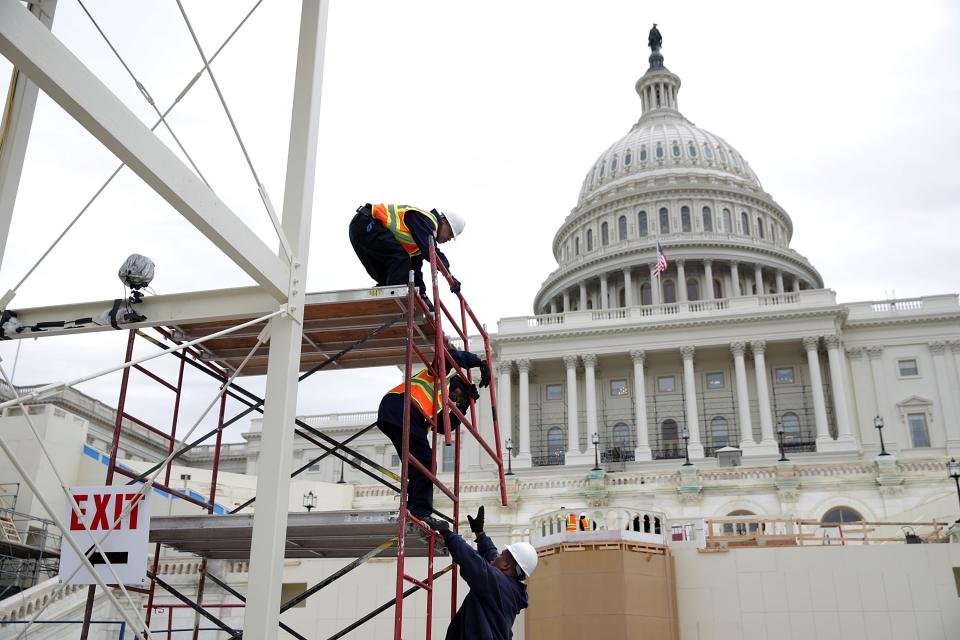One of Amazon's HQ2 candidates looks like a clear frontrunner
On Thursday, Amazon (AMZN) was the day’s biggest business story after the company released a list of the 20 cities still in play to house its second headquarters, dubbed “HQ2.”
This location is not meant to replace its original Seattle headquarters, but serve as a second headquarters equal in size and scope to the Seattle home base. Amazon has said it will hire 50,000 workers for this location.
And most notably, Amazon’s list included three locations in the greater DC metro area — Washington, D.C., Montgomery County, Maryland, and Northern Virginia.
And that two of these are not cities, but regions, shows that while the retail giant has clearly made this bidding process for its next headquarters an exercise in trying to extract the most generous tax breaks from municipalities, in a perfect world Amazon would plant “HQ2” in the nation’s capital. Washington is where Amazon CEO Jeff Bezos wants to be.
As demographer Lyman Stone noted on Twitter on Thursday, this list makes clear that Amazon’s initial criteria — which included access to international airports with daily flights to NYC, San Francisco, Seattle, and D.C. — appears to be heavily weighted towards access to D.C.

And while the company had also highlighted its desire to be in a metro of over 1 million people, with colleges nearby to provide tech talent, a “stable and business-friendly environment,” not all of these criteria were created equal.
It’s also not surprising that so many of the finalist cities are concentrated in the eastern part of the continent, with several of the finalists within a 90-minute flight of Washington, D.C. — Pittsburgh, Philadelphia, Newark, New Jersey, New York City, Boston, Raleigh, North Carolina, and Toronto. Even at the outset of this process, it would’ve been a surprise to see Amazon double down on the West Coast.
Additionally, Bezos’ connections to D.C. cannot be ignored — Bezos owns The Washington Post through his personal investment fund, and Bezos also bought a 27,000 square foot property in the city last year
But it should also not come as a total surprise that Amazon, one of the company’s most-often targeted by President Donald Trump, is looking towards the nation’s capital as a place to solidify its presence. Like all major companies, Amazon has a significant lobbying presence in D.C., but looking out to the next ten or twenty years of the relationship between U.S. policymakers and businesses, it seems likely the cozy relationship the tech sector has enjoyed with government changes. At least in some form.
And while Facebook (FB) and Google (GOOGL) have both taken criticism from lawmakers for their role in spreading misinformation during the 2016 presidential election, Amazon’s size and questions about whether some of its business practices are anti-competitive and bad for consumers are not likely to go away in years to come.
The relationship between companies and sectors and the government will ebb and flow over time. But as Amazon takes an even more central role in selling American consumers goods, and ventures into potentially more lucrative spaces like pharmaceuticals, the government isn’t likely to ignore the power the company enjoys.
And being more closely embedded in a city which, right now, has no major corporate identity would seem to be the kind of forward-thinking idea that CEO Jeff Bezos has favored since founding the company, and which has helped make him the richest man in the world.
—
Myles Udland is a writer at Yahoo Finance. Follow him on Twitter @MylesUdland
Read more from Myles here:

